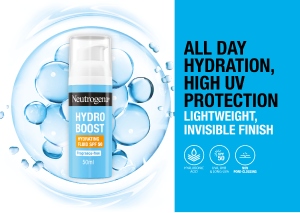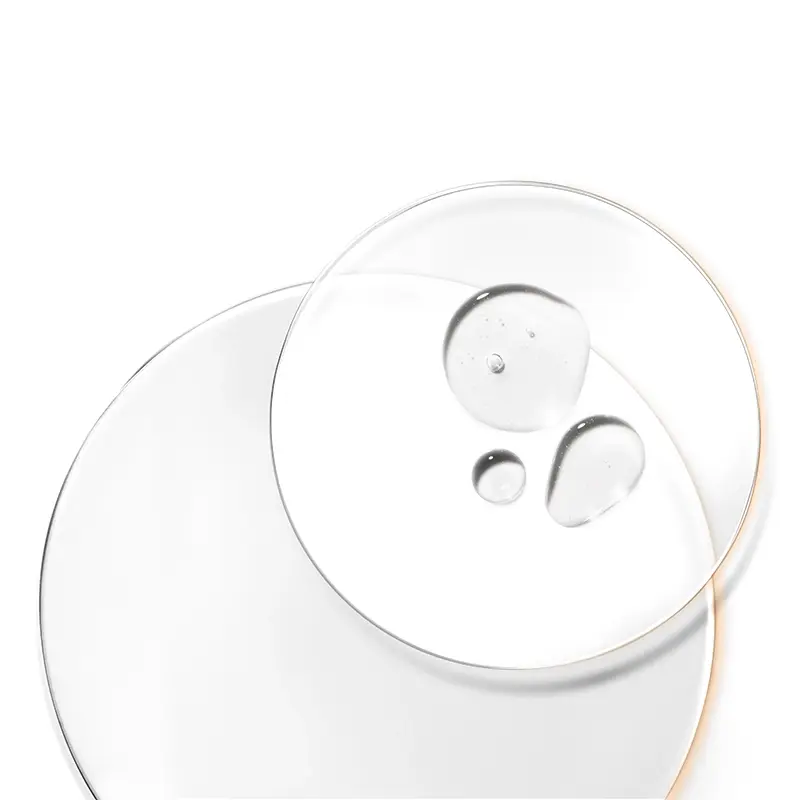Dry skin develops when the upper layer of the skin (epidermis) loses its ability to regulate its own moisture. Having dry skin can be very uncomfortable, and can leave your complexion red, flaky and itchy, and in some cases, tiny cracks in the skin’s surface can occur. But what causes dry skin, and how can you manage it?
About dry skin
Multiple layers make up the skin. The top layer, the epidermis, is a protective barrier, whilst the dermis (the next layer down) contains the connective tissues, hair follicles and sweat glands. Both of these layers work together to keep your skin hydrated and moisturised. The dermis is where much of the body’s water supply is stored, whilst the epidermis is waterproof, and helps to prevent water loss from the body.
A variety of oils in the skin help to maintain normal hydration and skin also contains a number of substances that help draw in moisture from the air. The epidermis is continually being shed and replaced with fresh, new skin. But, when skin lacks moisture, these dead skin cells can get stuck on the surface, causing dry patches and blocked pores.
Possible causes of dry skin
Here are 10 possible causes of dry skin:
Winter
Many of us experience dry skin in the winter. As the temperature drops, often so does the humidity. This causes our skin to lose its ability to hold on to moisture (by as much as 25%). High winds, combined with adverse weather like snow and rain, can also affect skin, leaving it irritated, sore and chapped. Keep a small tube of hand cream, and some lip balm, in your bag so you can combat the cold weather on-the‐go.
High temperatures
When it’s freezing cold outside, there’s nothing more comforting than turning the central heating up to full and putting on the fire for good measure. However, heating up dry, indoor air reduces the humidity even further, and simply dries out your skin even more. Try to keep your heating on the lowest possible setting, and have it on a timer to turn off overnight.
Harsh soaps
If you’re using a cleanser or soap that’s formulated for very oily skin, or if you’re simply using regular soaps too often, you could be stripping all of the oil your skin needs to stay moisturised. This could apply to the detergent you’re cleaning your clothes in, too. Choose a gentle cleanser formulated for dry skin, apply hand cream after washing your hands, and choose laundry detergents that are made for sensitive skin.
Genetics
There are several different genetic markers which we inherit that can affect the moisture in our skin. The FLG gene, for example, affects the skin’s ability to protect against environmental aggressors, like very cold weather or sunlight. It also determines how well the skin acts as a barrier against water loss, and has a role in how much natural moisture the skin produces.
Old age
Much like our genes, getting older is, unfortunately, something we can’t do much about! Skin becomes much thinner and flatter as it ages, and the amount of natural oils and lubricants it contains reduces significantly. Its ability to retain moisture also declines, which can lead to very dry skin in older people. This can result in itching, cracking and even bleeding. You should visit your GP or dermatologist if your dry skin has cracked or broken.
Sunlight
When your skin is over‐exposed to the sun’s rays, it can rapidly lose moisture and oils, leaving it dry and flaky, with fine lines. Too much sun can obviously also cause sunburn, which can be very uncomfortable and even painful. Most importantly, however, both UVA and UVB light can cause skin cancer, so it’s essential to protect your skin all year round. Always use an SPF (even when it’s cloudy), stay out of the sun when it’s at its strongest between 10 and 2, and wear a hat to reduce exposure.
Hot baths or showers
As the nights draw in and the temperatures drop, there’s nothing better than the thought of dipping into a steaming, hot bath. However, as relaxing as that might be, regular exposure to hot water can strip your skin of essential oils and moisture, leaving it dry. Keep the temperature of the water comfortably warm, rather than hot. Also, try to limit the length of time you spend in the bath or shower – the shorter the better.
Skin conditions
Certain skin conditions are associated with very dry skin. Eczema can make your skin very dry and itchy, with red, cracked patches. It most commonly affects the inside and outside of knees and elbows, and the neck, hands, cheek or scalp. Another condition is psoriasis, which can be characterised by dry, scaly patches, that could appear red or silvery. If you think a skin condition is responsible for your dry skin, then you should visit your GP to discuss treatment and management options.
Swimming
Keeping fit and healthy is great for your body, but not always great for your skin. The chlorine in pools can strip away the protective layer of sebum from your skin, leaving it feeling tight and itchy. And swimming in the sea isn’t much better either – unfortunately, salt water can have a similar effect. Rinsing your body and costume as soon as you finish swimming can minimise the effects, and applying lotion immediately can also help.
Vitamin deficiencies
The skin relies heavily on vitamins and minerals to stay healthy and function properly. Most of us should be getting all the vitamins and minerals we need from our diets, but some people with certain health conditions or restricted diets may need to take supplements. Vitamin A, vitamin C and zinc are just a few of the vitamins which could affect skin health. Make sure to speak to your GP if you think you have a deficiency.
Managing dry skin
If you are prone to dry skin, there are several things you can do to help. Try to avoid long hot baths and showers, instead use warm water. Also, try to use gentle soap‐free cleansers. Limit sun exposure and make sure when it is inevitable that you protect your skin with an SPF, and by covering up with clothing.
There are some ingredients you should keep an eye out for when choosing products to help dry skin. Hyaluronic acid and glycerine are both humectants, which means they can draw water from the deeper layers of the skin up to the top layers, which results in hydration of the top layers of the skin.







